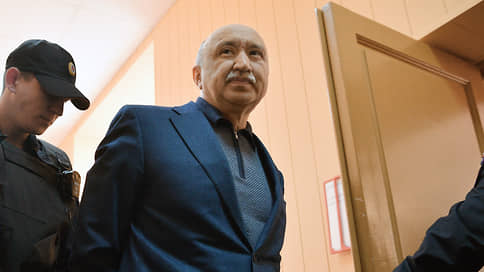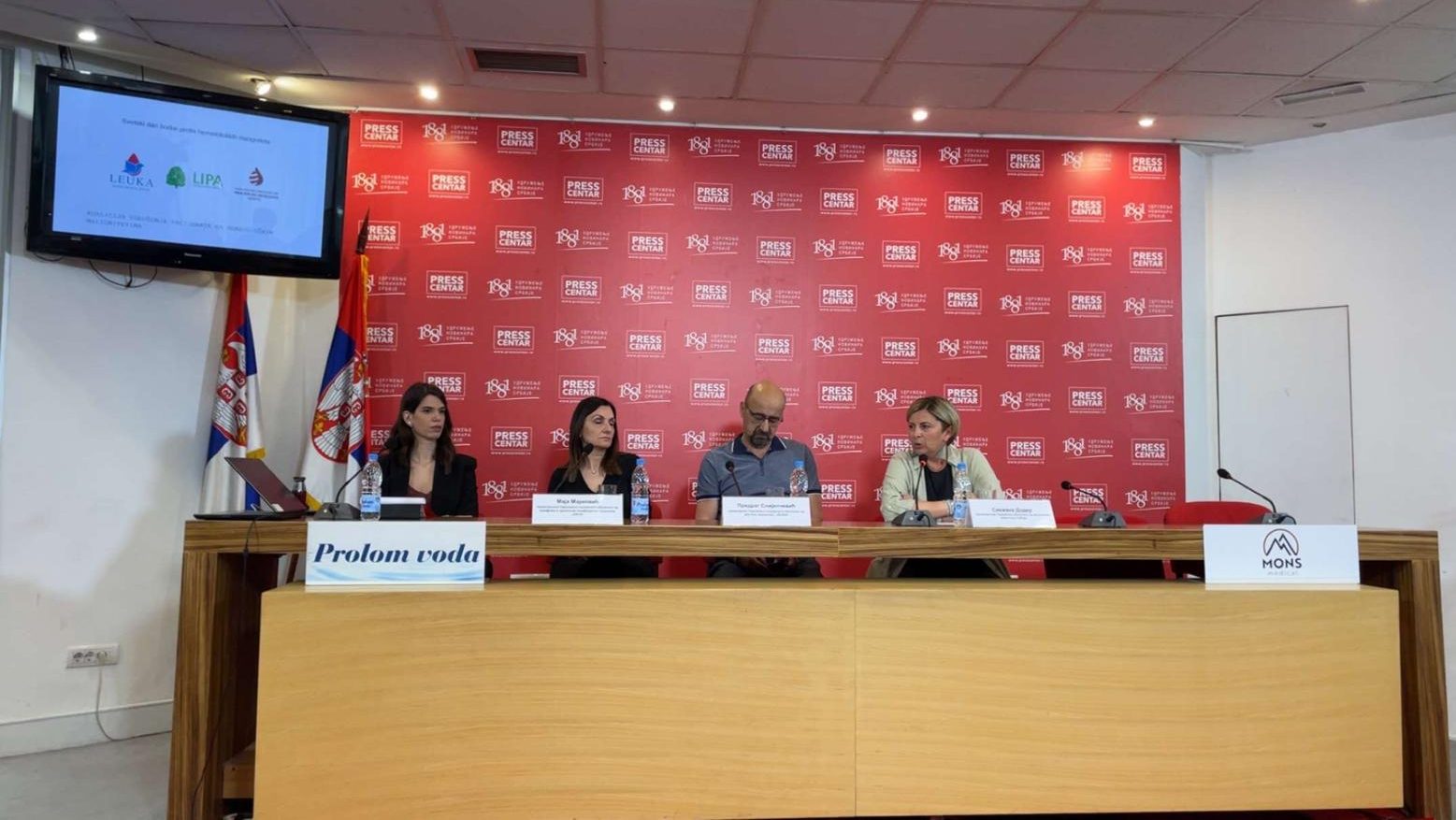And Portugal? Are you going to be a campaign theme?

“Some in Europe may be frustrated with Brussels. But let’s be clear – if not Brussels, then it will be Moscow. The choice is yours. This is history,” this is how Volodymyr Zelenskyy, on February 15, 2025, at the Munich conference went to the high degnancies of the Western nations present. This statement reinforces the importance of strategic choice that European countries, at the moment we live, have to do: remain faithful to the European project and transatlantic cooperation or make room for Russian expansionism, which has historically sought to weaken and divide Europe. This appeal to the responsibility of Western leaders to understand that Ukraine’s defense is also Europe’s defense against external threats is a clear warning for the European Union (I) and the organization of the North Atlantic Treaty (NATO).
Europe faces a growing threat from Russia, with evaluations indicating that a Russian attack on an EU country can occur within three to ten years, possibly accelerated by the 2025 Zapad Military Exercises. The main EU focus should continue to support Ukraine, which currently serves as a crucial deterrent force against Russia. If Ukraine rejects a possible peace agreement with Russia, Europe will have to rapidly increase military support, which would include a reinforcement of European military capabilities to compensate for the lack of US armored and mechanized units. The EU faces a dilemma between significantly increasing its troops to a total of 300,000 or improving military coordination among its fragmented national armies. The lack of unified command makes European defense effort less effective, and insufficient coordination can result in higher costs and the ineffectiveness of military actions. To have a credible dissuasion, Europe will need large military capabilities, including combat cars, infantry and artillery combat vehicles, combat planes, ships, drones and communication systems. This would require a substantial increase in European military spending, with an increase of 250 billion euros annually to 3.5% of EU GDP. Military production will need to be accelerated, and greater European collaboration in equipment acquisition can reduce costs. Europe will also have to finance these expenses through short -term debt, with a gradual growing national responsibility for defense financing. In short, Europe must significantly strengthen its defense capacity, with a larger investment in troops, military equipment and coordination, to be able to respond to a growing Russian threat.
Arriving here, Portugal will not be oblivious to this challenge and the first question that arises is to know if this discussion will be present in the campaign. National defense is an essential pillar for Portugal’s sovereignty and security, ensuring the protection of territory and citizens, as well as the affirmation of democratic values in the international scene, but, however, the scarce highlight given to this theme in recent election campaigns has been notorious, an omission that deserves to be corrected in the next campaign. In recent legislatures, party programs could be summarized in a word, disinterest, and beyond the goodwill of the main parties to value the Armed Forces (FFAA) and invest in defense, ignorance of the matter, the lack of notion and preparation of proposals constituted the essentials of the discussion. It is certain that the Democratic Alliance (AD) ended, thanks to Nuno Melo’s protection, to improve the state of art in the Armed Forces, the options that the next government has to take are difficult and oblige a significant investment and a mobilization of the Portuguese’s will for these subjects. This would be important that the main parties were willing to discuss the defense in the campaign. Of course, it would be ideal to start from a European definition base on which “forces office” that will be up to us in this collective effort, but the white book of the defense and the Readiness 2030 Readiness program are already important “guidelines” for this discussion.
First of all, the issue of “defense investment” that will weigh in the next state budget and how much and how it will take place. Nor is our “effort rate” not being known here and abstracting from the discussion of whether it should be made due to % of GDP or the operational training of the FFAA that we should have, which implies profound discussion about the strategic concept of National Defense (CEDN), the parties should present to the electorate their ideas about:
1. Reinforcement of military staff and military service
The reduction of staff in the Armed Forces has compromised operational capacity and response to crises. It is imperative that parties discuss strategies for the recruitment and retention of qualified military. In addition, the possibility of reintroducing national military service or similar model should be debated, considering its financial, social and strategic implications, as well as its potential to promote social cohesion and prepare the country for any external threats.
2. Modernization of military means and national defense industry
The adequacy of military equipment to contemporary requirements is critical. Programs such as the Military Programming Law (LPM) must be evaluated and adjusted to ensure that the Armed Forces have the means necessary to fulfill their missions. Modernization should include the acquisition of advanced technology and the effective maintenance of existing equipment, ensuring operational readiness. You need to go beyond the LPM. Modernization should include cyberderafes, drones, satellites, armored vehicles and naval capacities, with strategic partnerships with European countries and promoting national defense industry, to ensure strategic autonomy and generate technological innovation.
3. National Policy for Defense and International Alliances
In a constantly changing geopolitical context, it is crucial to clearly define Portugal’s position in relation to international alliances, such as the NATO. Parties should discuss the country’s commitment to these organizations and how the national defense policy aligns with strategic interests and collective security. Portugal must reaffirm their commitments to NATO and EU, but it also needs to clarify its expected contribution. Should we contribute to rapid reaction forces? Naval capacity in the Atlantic? Logistic air support? The debate about CEDN is missing and is urgent.
4. Appreciation of the military and socio -professional conditions
Recognizing and valuing the role of the military is essential to maintain the moral and effectiveness of the Armed Forces. Working conditions, remuneration, career progression and support to military families should be central topics on the political agenda, ensuring that those who dedicate their lives to the country’s defense with due recognition and support. The motivation of troops requires more than speeches. It must be ensured that serving the FFAA is a source of pride – not resignation.
5. Cyberdefesa and hybrid security
In a world where war is no longer only on the battlefield, but also in cyberspace and social networks, Portugal needs to develop a national structure of robust cyberderafes, integrated with international partners, and capable of responding to hybrid threats and misinformation.
6. EDUCATION FOR DEFENSE AND STRATEGIC CULTURE
It is imperative to cultivate a culture of defense in Portuguese society. This involves integrating the theme in the education system, promoting public debate and bringing citizens closer to FFAA.
The inclusion of national defense in the political debate is vital to ensure that Portugal is prepared to face current and future security challenges. Political parties have the responsibility to present concrete and sustainable proposals that reinforce the country’s defensive capacity, promote stability and contribute to international peace and security. To neglect this area is to compromise the sovereignty and well-being of citizens. Ignoring national defense is today an act of political irresponsibility. The threats are real, increasing risks and scarce time. The parties have a duty to present concrete, ambitious, sustainable proposals – and to involve citizens in this discussion. Because defending Portugal begins by preparing it. Will we be able to watch debates and have serious defense party programs? Wait sitting!







